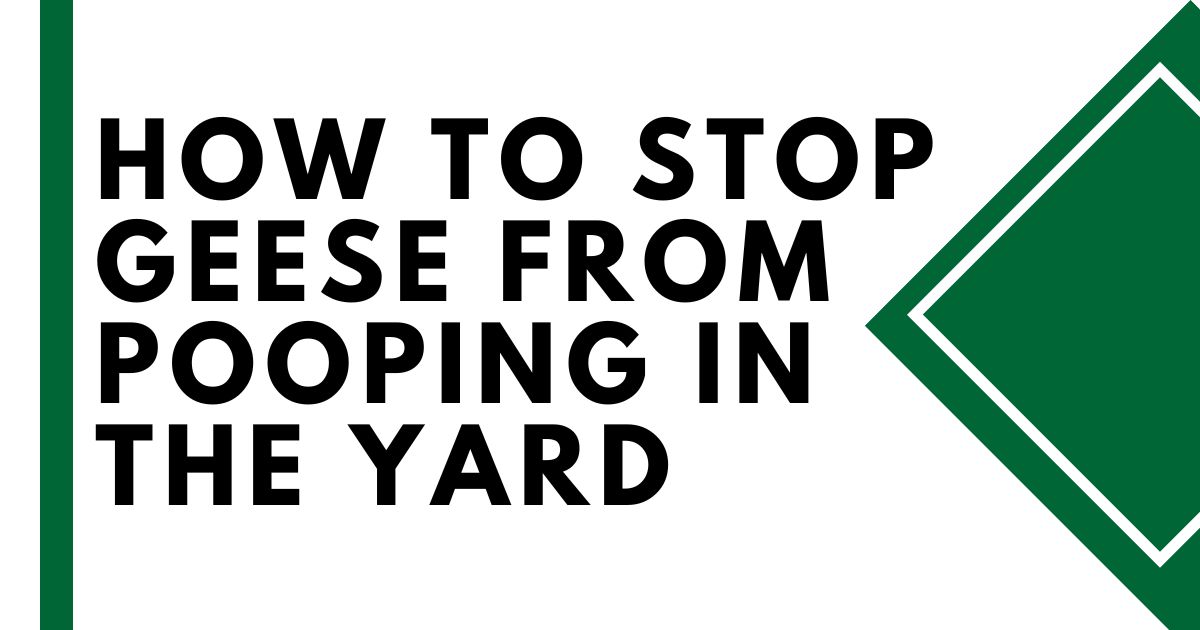Animals digging in your yard can be a problem. It can lead to pests and rot in your yard, messes you have to clean when they break through the fence, and maybe even damage your home. When you are seeking out information on how to stop animals from digging in your yard you will find many solutions that work around this unique problem.
Check out this article to learn more about using different methods for unwanted wild animal digging in your yard.
Understanding the Reasons Behind Animal Digging
Animals dig in yards for various reasons, and understanding these motives is crucial in formulating effective prevention strategies. Some common reasons for animal digging include:
- Searching for Food: Animals like squirrels, raccoons, and skunks dig in search of food. They may be attracted to fallen fruits, seeds, or insects hiding beneath the soil.
- Creating Nests: Certain animals, such as rabbits or groundhogs, dig to build nests or burrows to shelter themselves and their young.
- Marking Territories: Animals like dogs often dig as a way to mark their territory, especially when they sense the presence of other animals.
Assessing Your Yard and Identifying Problem Areas
To address the issue of animal digging effectively, it’s essential to inspect your yard thoroughly and identify potential problem areas or attractants. Here’s how you can do it:
- Observe Signs of Digging: Look for freshly dug soil, holes, or disturbed areas in your yard, which can indicate the presence of digging animals.
- Check for Vulnerable Areas: Examine areas with loose soil, like flower beds and vegetable patches, as these are prime spots for digging.
- Eliminate Attractants: Identify and remove potential food sources for animals, such as fallen fruits or improperly secured garbage cans.
How to Stop Animals from Digging in Your Yard (Implementing Effective Deterrent Techniques)
Now that you understand the reasons behind animal digging and have assessed your yard, it’s time to employ practical strategies to prevent these unwanted activities.
Physical Barriers:
- Fencing: Installing appropriate fencing can be an effective way to keep animals out of your yard. Choose fencing materials and designs that suit the specific animal species you’re dealing with. For example, to keep out smaller animals like rabbits or squirrels, opt for fine-mesh wire fencing.
- Garden Covers: Protect specific areas like vegetable patches or flower beds with mesh or netting. These covers create a physical barrier that prevents animals from accessing the plants and soil.
- Buried Wire Mesh: To reinforce your fence’s effectiveness, consider burying wire mesh around the perimeter of your yard. This prevents animals from digging under the fence to gain entry.
Repellents:
- Natural Repellents: You can use natural repellents to deter animals from entering your yard. Some animals dislike the scents of certain plants or substances, like garlic, peppermint, or vinegar. Spraying these repellents around vulnerable areas can discourage them from digging.
- Scents and Noises: Certain animals are sensitive to strong odors or high-frequency noises. Utilize commercial ultrasonic devices that emit high-pitched sounds, which are unpleasant to animals but inaudible to humans.
Habitat Modification
- Removing Attractants: Take proactive steps to eliminate potential food sources that attract animals. Regularly clean up fallen fruits, secure garbage cans with tight-fitting lids, and avoid leaving pet food outdoors.
- Landscaping Techniques: Alter your landscaping to create a less appealing environment for digging animals. Choose plants that are less attractive to them, or consider installing birdbaths or water features away from vulnerable areas to draw animals away from your yard.
Non-Harmful Animal Control
While preventing animal digging is essential, it is equally crucial to approach the issue with humane methods:
- Trapping and Relocation: If the animal digging problem persists, consider live trapping and relocating the animals to a more suitable habitat. Contact local wildlife authorities or professionals who can handle this process safely and responsibly.
- Educate Others: Share your experiences and knowledge with neighbors and friends to create a collective effort in preventing animal digging. Encouraging others to adopt humane practices will have a more significant impact on wildlife conservation.
Conclusion
Animal digging in yards can be a frustrating and damaging issue for homeowners. Understanding the reasons behind animal digging and identifying problem areas are essential steps in addressing the problem effectively.


